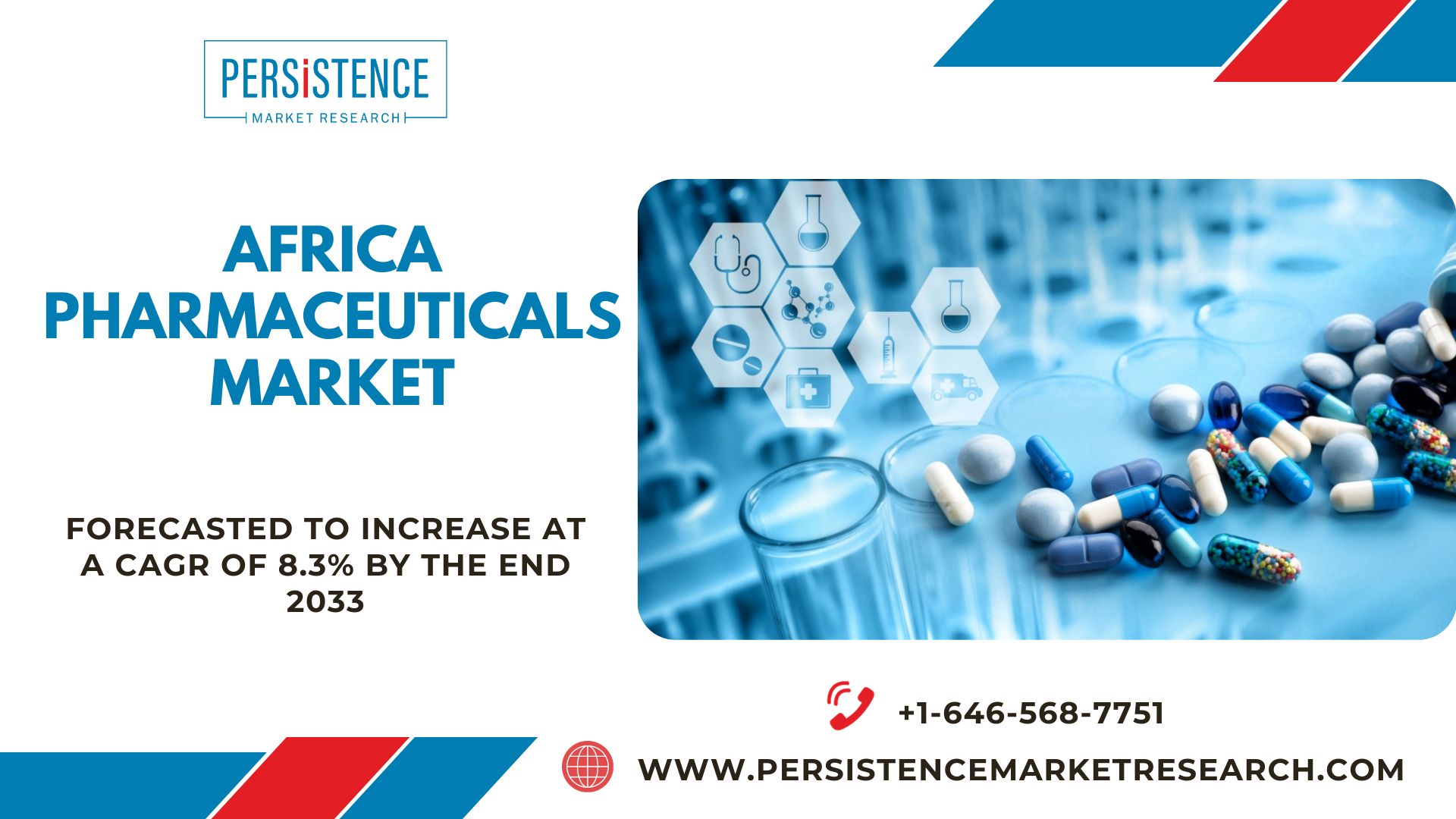
Market Overview:
The pharmaceutical industry in Africa has experienced significant growth in recent years, with several African countries emerging as important players in the global pharmaceutical market. Africa’s pharmaceutical market is characterized by a diverse range of factors, including a large and growing population, increased healthcare awareness, improving healthcare infrastructure, and investment in research and development.
Market Size and Growth:
The Africa Pharmaceuticals Market has shown significant growth in recent years, driven by several key factors:
- Population Growth: Africa has one of the world’s fastest-growing populations, leading to increased demand for pharmaceutical products and healthcare services.
- Increasing Healthcare Access: Governments and international organizations are working to improve healthcare infrastructure and access to essential medicines, further boosting market growth.
- Disease Burden: The high prevalence of infectious diseases, such as malaria, HIV/AIDS, and tuberculosis, in Africa necessitates a consistent demand for pharmaceuticals, including antiretroviral drugs and anti-malarials.
- Economic Development: Several African countries are experiencing economic growth, which is translating into increased healthcare spending and pharmaceutical consumption.
The Africa pharmaceuticals market generated US$ 46.8 billion in revenue in 2022. The market is predicted to expand at a CAGR of 8.3% and reach a valuation of US$ 110.9 billion by 2033-end, according to the latest study by Persistence Market Research.


